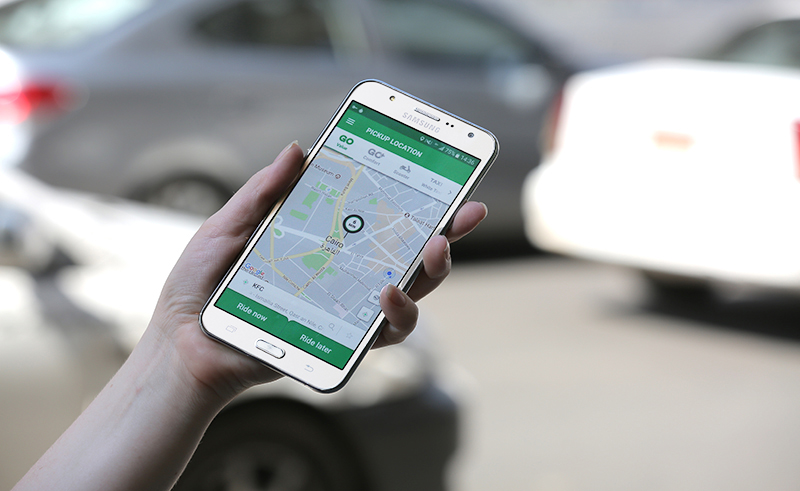Egypt Rushes Ride-Hailing App Act, Licenses 125% Higher Than Taxis
Egypt's government has just requested the parliament to speed up negotiations process over the new Ride Hailing App Act to regulate apps like Uber and Careem.

The Ministry of Transport, represented in El-Sayed Metwally, head of urban mobility in the ministry, has just sent a request to the Egyptian House of Parliament on March 25 to wrap up discussing the new Ride-Hailing App Act, so that the open conflict between the government and apps like Uber and Careem gets seized.
The new Ride-Hailing App Act dates back to November 2017, regulating all urban mobility services that leverage on technology and mobile applications. The PM Sherif Ismail’s cabinet waved the Act to the House of Parliament for approval, so it could get ratified by the presidency.
The drafted law is argued to favour taxi drivers over those hired through ride-hailing apps. Among the articles argued to be biased are regulations that would require ride-hailing companies to ensure that half of their force be made up of white taxis; giving the companies a six-month deadline to comply with the regulations after the law gets ratified. Another article illustrates a licensing pricing scheme that charges ride-hailing drivers fees of 125 percent higher than those of regular taxi cabs.
In December, when this figure had been revealed, ride-hailing drivers spoke up against this saying that a license would reach up to EGP 1,125 per driver, which will discourage many from continuing to drive for ride-hailing companies. Not only drivers, but also the companies are protesting against this very article. In the presence of Minister of Investments and International Cooperation Sahar Nasr, Careem’s PR director appealed to the government to reconsider the licensing pricing scheme.
Careem’s Public Relations Director Dalia Seif El-Nasr, among others, was invited to a roundtable to exchange remarks and concerns between the government and ride-hailing companies, moderated by “Egypt Support,” a parliamentarian coalition. Seif El-Nasr argued on March 25, that there are many details that need to be clarified in the executive regulations, especially since the company alone includes more than 100,000 car drivers who make a million trips a week, not to mention the motorcycle service. “30 percent of our drivers are renters, so there is no reason to oblige them to commit to the job as one commits to a full-time job,” she adds, asking the government to allow that multiple drivers share a car.
“The law is the first law ratified by Egypt in the field of the shared economy, through which the person can benefit from anything that he owns by generating more income,” said the Minister of Investments and International Cooperation, highlighting why this Act is important. “It’s also the first to involve investors in the transport sector to provide the best service at the best price, and to provide a healthy environment for competition in this sector with the aim of providing means of transport in areas where there is no public transport.”






















